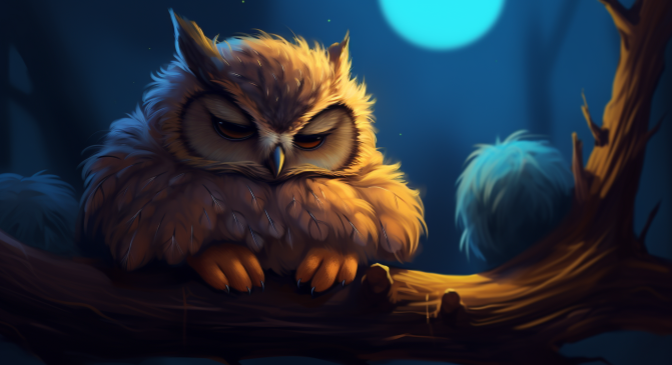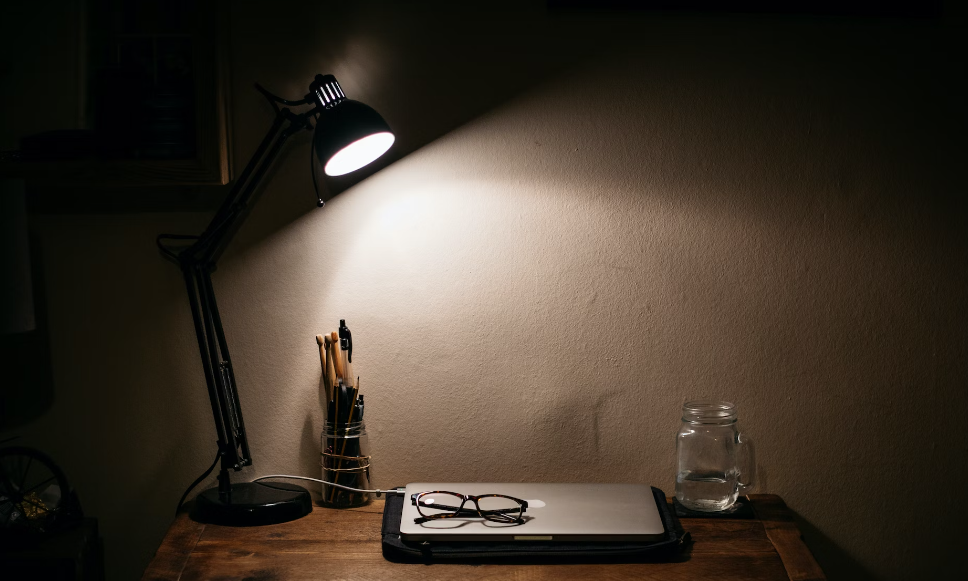Night Owls Be Careful! You Are at Risk for Early Death

© Midjourney
Were you stuck doom-scrolling last night? Did you keep telling yourself, “Just one more TikTok, and I’ll definitely go to sleep“? Did that not work? If your answer is no, chances are it never works to begin with. If you are fine with staying up at night and scrolling through different social media platforms, instead of being an early bird, you might be referred to as a night owl. Night owls prefer staying up at night and waking up later throughout the day. Does that sound like you? Well, you should avoid getting too comfortable with it, as some new research suggests you might be prone to an early death. Here is what you can expect.
The Research on Night Owls
Researchers in Finland conducted a study spanning over 37 years involving nearly 23,000 twins to investigate the influence of an individual’s chronotype, which is their natural preference for sleeping at a specific time, on their health. The study began in 1981 when the participants were 24 years old, and they had to classify themselves as either morning or evening people using a four-response scale.

In addition to determining their chronotype, participants were also queried about various factors such as education, alcohol consumption, smoking status, BMI, and sleep duration. The study revealed that a significant number of participants identified as evening individuals, with some being “to some extent” (7,591) and others “clearly” (2,262) evening people. On the contrary, morning types had 6,354 and 6,769 individuals, respectively.
What Did the Research Find?
Surprisingly, the research found little connection between a person’s bedtime preference and mortality, as more than 8,700 participants had passed away by the study’s conclusion in 2018. Instead, the heightened risk of mortality among evening people appears to be linked to their potentially unhealthy habits rather than the timing of their sleep.
Why Are Night Owls Prone to These Risks?
Night owls tend to have higher levels of alcohol and tobacco consumption compared to early birds, and they are also less likely to consistently get eight hours of sleep. This can lead to negative impacts on their health. Research has shown that individuals with an evening preference are more prone to heavy drinking, alcohol use disorder, and the use of other substances.
The study indicates that the chance of mortality is nine percent higher among night owls than early birds, with smoking and alcohol playing a significant role in their increased risk. However, night owls can mitigate this risk by avoiding smoking and excessive drinking and ensuring they get enough sleep.
Is There a Way to Change Your Sleep Schedule?
Dr. Zee previously talked to CNN Health about the risks night owls may face. He also mentioned ways to stop being one. If you are concerned about being a night owl, there are lifestyle changes you can make to shift your habits toward being more of a morning person. However, it’s similar to modifying the impact of a genetic predisposition, like diabetes – you can adapt your habits, but you might not completely change your natural inclination.
To shift from being a night owl to a morning person, you should focus on light exposure. Expose yourself to bright light, preferably natural sunlight, immediately upon waking, or use artificial lights in the blue spectrum to signal your body to wake up. This light exposure affects your circadian rhythms at a cellular and molecular level, moving them to an earlier time.
Additionally, try to have dinner earlier in the evening, ideally within three hours of bedtime. Shift your exercise routine to the morning or early afternoon and avoid heavy evening workouts. These adjustments can help in transitioning to a more morning-oriented lifestyle.
Are you a night owl, or are you more of a “the early bird catches the worm” type of person?
You might also want to read: 10+ Mind-Blowing Dream Facts You Never Knew


